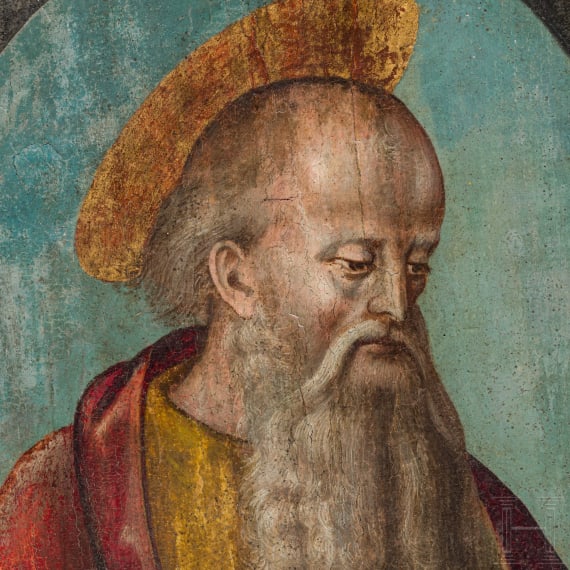

The goal of the Princeton Legacy Library is to vastly increase access to the rich scholarly heritage found in the thousands of books published by Princeton University Press since its founding in 1905. 100 c.e.), author of a fictional romance on Thule, quoted in Porphyrys Life of Pythagoras. Overview Antonius Diogenes Quick Reference Greek writer of ‘The Incredible Things Beyond Thule’ ( ), a novel (see novel, Greek) in 24 books known only from Photius' confusing epitome (Bibliotheca Cod. These editions preserve the original texts of these important books while presenting them in durable paperback and hardcover editions. The Princeton Legacy Library uses the latest print-on-demand technology to again make available previously out-of-print books from the distinguished backlist of Princeton University Press. Rohde was perhaps the first to see that, after the work of Diogenes, Scheintod and resurrection became among the most beloved of.

He quotes the tradition to the effect that the philosopher was. Once perceived as a late and insignificant development, the novel emerges as a central and revealing cultural phenomenon of the Greco-Roman world after Alexander. and hoax,, SeeLucian, True Stories,SeeAntonius Diogenes, The incrediblethings beyond Thuleand hybridity,, and Island of Cronus, and lamp, and magic, Pythagorean trick, Thessalian trick, and menstrual cycle,, and mirror,, and ocular metaphor,, and Pandeia, and‘Parmenidean. 100 C.E.), author of a fictional romance on Thule, quoted in Porphyry s Life of Pythagoras.
ANTONIUS DIOGENES THULE FULL
Intended for scholars as well as nonspecialists, this work provides new editions of the texts, full translations whenever possible, and introductions that situate each text within the field of ancient fiction and that present relevant background material, literary parallels, and possible lines of interpretation.Ĭollective reading of the fragments exposes the inadequacy of many currently held assumptions about the ancient novel, among these, for example, the paradigm for a linear, increasingly complex narrative development, the notion of the “ideal romantic” novel as the generic norm, and the nature of the novel’s readership and cultural milieu.

In this volume Susan Stephens and John Winkler have reedited all of the identifiable novel fragments, including the epitomes of Iamblichos’ Babyloniaka and Antonius Diogenes’ Incredible Things Beyond Thule. The recent discovery of fragments from such novels as Iolaos, Phoinikika, Sesonchosis, and Metiochos and Parthenope has dramatically increased the library catalogue of ancient novels, calling for a fresh survey of the field. Lucian’s True Stories and the Wonders beyond Thule of Antonius Diogenes. Two stories (Iamblichuss Baby- lonian Story and Antonius Diogenes The Wonders Beyond Thule) survive in the summaries of a ninth-century Byzantine.


 0 kommentar(er)
0 kommentar(er)
